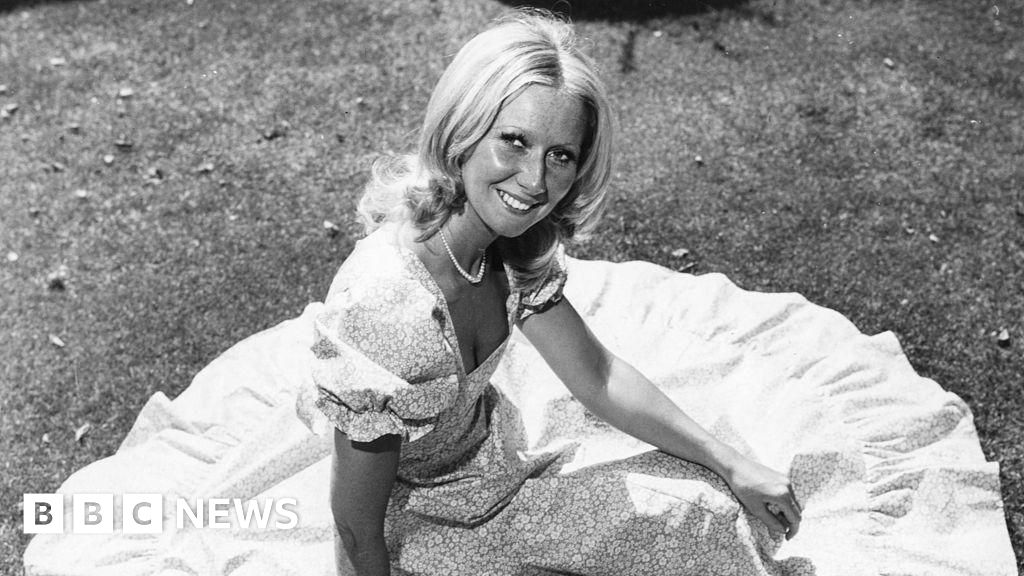
 PA
PA
The Belfast-born poet Michael Longley, who has died
The acclaimed poet Michael Longley has died aged 85.
Longley was born in Belfast in July 1939 and lived in the city until his death, which was announced on Thursday.
He went to school at Royal Belfast Academical Institution before studying at Trinity College Dublin, where he became immersed in poetry.
Longley received a number of prestigious awards for his work throughout an illustrious career, including the T.S. Eliot Prize, the Feltrinelli International Prize and the Whitbread Poetry Prize.
He published his first collection of poetry, No Continuing City, when he was 30 years old.
Living in Belfast at the height of the Troubles, Longley was initially reluctant to write about the conflict, but said it had affected him personally and was explored in in some of his poems, including The Ice-Cream Man.
In 1994, he wrote arguably his most famous poem, Ceasefire.
The poem depicts sectarian violence experienced by many in Northern Ireland during the 1970s and '80s and was inspired by a declaration of an IRA ceasefire in the mid '90s.
He was appointed CBE in 2010 and awarded the freedom of his native city in 2015 for his contribution to literature and cultural life.
Allow Facebook content?
This article contains content provided by
. We ask for your permission before anything is loaded, as they may be using cookies and other technologies. You may want to read
and
before accepting. To view this content choose
‘accept and continue’.
A number of tributes have been paid to Michael Longley on Thursday.
Artist Colin Davidson posted a tribute alongside a picture of two portraits of his "dear friend".
"Today, I am filled with sadness and a great sense of pride," he said.
"Michael was one of the Belfast greats. One of the Irish greats. One of the world's greats.
"A poet whose work quietly whispered those truths which we all needed to hear."
In a statement, Queens University Belfast (QUB) said the poet's "profound contributions to literature and his deep connection to our city have left an indelible mark on the cultural landscape".

 Movie
Movie 2 months ago
74
2 months ago
74 




![Presidents Day Weekend Car Sales [2021 Edition] Presidents Day Weekend Car Sales [2021 Edition]](https://www.findthebestcarprice.com/wp-content/uploads/Presidents-Day-Weekend-car-sales.jpg)



 English (United States)
English (United States)